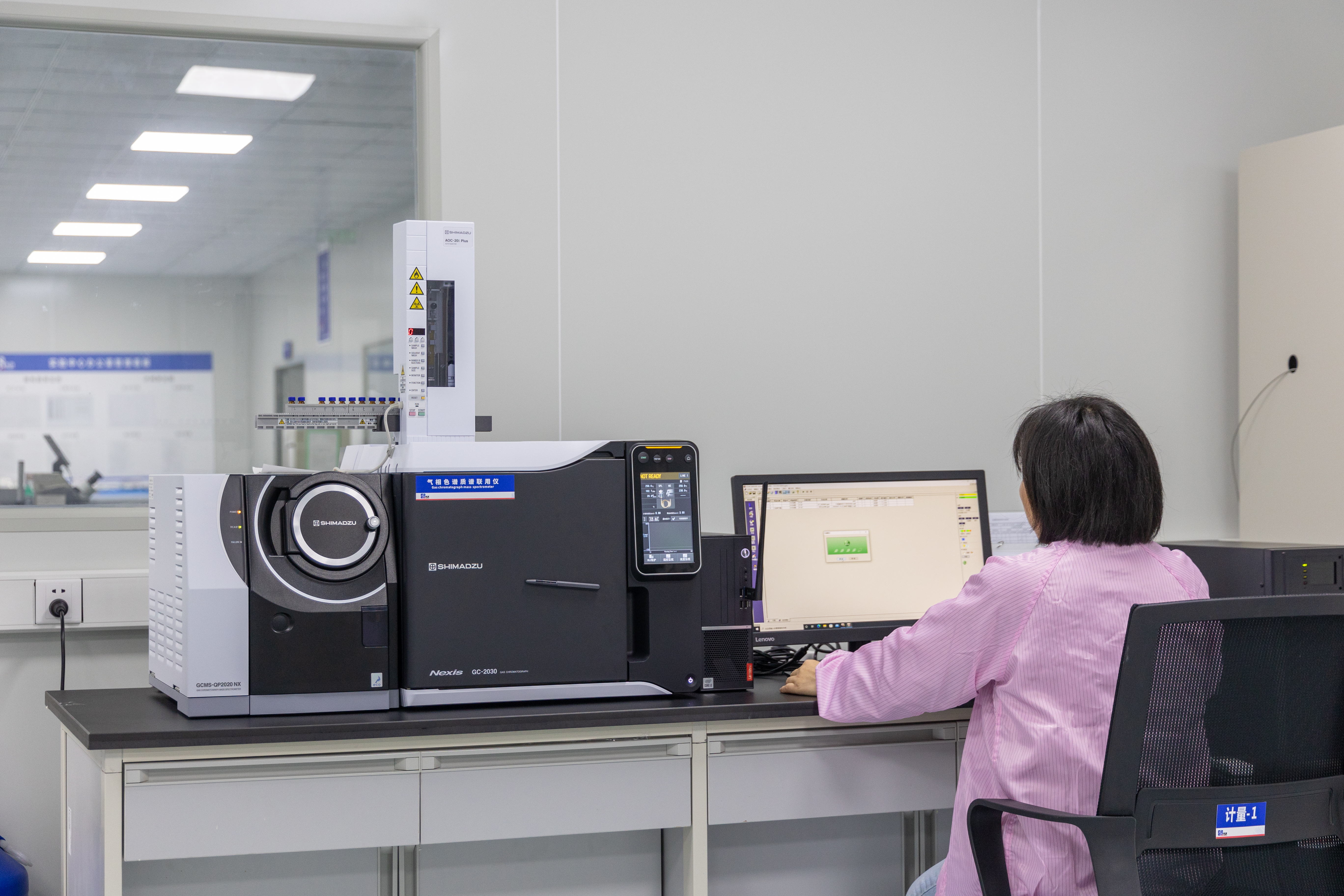relay field testing: ensuring reliability in power systems
Release time:2025-04-24 06:28:17
Relay field testing plays a vital role in ensuring the protection, safety, and reliability of electrical power systems. A relay is an electrical device used to detect abnormal conditions, such as overloads or short circuits, and to initiate corrective actions like disconnecting a faulty circuit or activating alarms. However, for relays to function accurately and efficiently in the field, they must undergo rigorous testing to verify their operation. Relay field testing is the process of evaluating these relays in real-world environments to ensure that they will perform optimally under actual operating conditions.

Importance of Relay Field Testing
In modern electrical grids, the protection relays are responsible for maintaining system stability by automatically detecting faults and preventing damage to equipment. A malfunctioning relay can lead to severe consequences, such as power outages, equipment damage, or even system-wide failures. Therefore, relay field testing is crucial in confirming that protection systems are correctly configured and functioning as intended.
Field testing helps identify any issues with the relays or their settings that might not have been detected during laboratory testing or simulation stages. By conducting tests on-site, technicians can assess the relays' response to different fault conditions and verify that the protection schemes are effective. This ensures the reliability of power distribution systems, especially when dealing with unpredictable external factors like weather conditions or load fluctuations.


